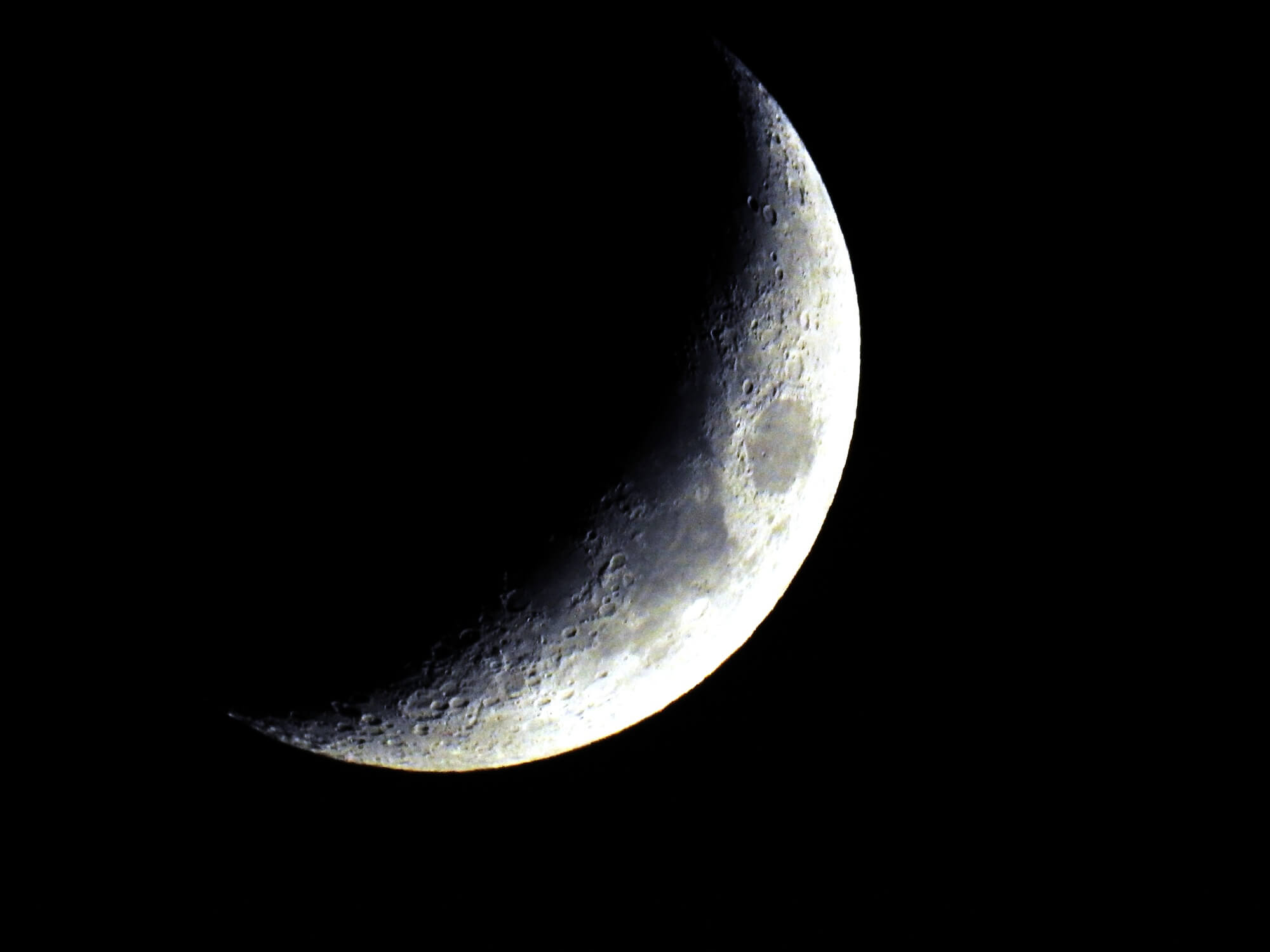Moon in astrology is extremely important. If the Sun is the most important, then the Moon comes immediately as a close second. In fact, astrologically speaking, there may not be life on Earth without the presence of both. The Sun brings energy, but its light is so bright that it can only be encountered in fleeting glances. In this regard, the Moon receives the energy produced by the Sun and reflects it more calmly and supportively to the organisms on Earth. The Moon thus represents the nurturing and nurturing qualities in humans and nature among many things. The nature of the Moon is variable, and it holds several important and diverse meanings in human life.
Childhood and upbringing
The Moon is traditionally associated with the mother or other significant caregiver in a child’s life. The position of the Moon in the birth chart can be interpreted to understand this relationship and how childhood and early environmental influences have been experienced. For example, in a challenging Moon opposition Neptune aspect, the upbringing environment (Moon) may have been somewhat inconsistent (Neptune). Perhaps the mother was unable to maintain normal daily routines (Moon) due to her own issues. The child absorbs this same behavior, and as an adult, they may find it difficult and unnatural to adhere to “rigid” routines themselves.

Sense of security
Reflecting the need for security and stability, the Moon in astrology represents the sense of basic safety and comfort derived from early childhood, familiar surroundings, and emotional connections. In the aforementioned example of Moon opposite Neptune, the unpredictability of the upbringing environment would likely not support the development of a stable sense of security. As a contrasting example, a Moon trine Saturn aspect in the birth chart would be a strong indication of structured satisfaction of basic needs. Although it is a harmonious aspect, Saturn always crystallizes what it touches, so the individual with this configuration would not be easily swayed by emotional whims. However, it would certainly provide a sense of basic security.
Emotional life and need for intimacy
The Moon symbolizes the emotional atmosphere, indicating how individuals process emotions, express empathy, and seek emotional fulfillment. The Moon therefore largely influences mood swings and receptiveness to others’ feelings. The need for emotional connection to others can be seen from the Moon’s placement in the chart. Regarding emotional connection with other people, Venus is also closely involved. However, Venus’s role is more through love, beauty, and social interaction. The Moon represents more of the individual’s inner world and needs.
It can be thought that if a person’s chart were to have an emphasized and extroverted Venus, but a suppressed and introverted Moon, the individual might enjoy social circles greatly without expressing or opening up their own feelings to friends. But would it be something that bothers the person themselves? Or would inwardness be just natural for them? The quality of aspects and planets involved provides clues regarding this matter.
The rhythm and routines of everyday life

As a child grows, they absorb the emotional currents, atmosphere, and recurring actions of their immediate environment. When these are repeated sufficiently, they become automatic routines for us. The position of the Moon in the chart reflects how we approach the routines and rhythms of daily life.
For example, the Moon in Gemini has adopted a changing and dynamic automatic approach to everyday tasks. They enjoy jumping from one thing to another and may not necessarily feel natural being tied to one thing for very long. With a Moon-Mars aspect, there may be a need to incorporate physical activity into the rhythm and routines of daily life. A person of this type may feel emotionally empty if they cannot engage in sports regularly.
Innate instincts and the subconscious
Astrologically, the Moon also governs innate instincts and primal urges. It reveals intuitive abilities, gut reactions, and unconscious drives guiding decision-making. It reflects the emotions and memories imprinted during formative years, shaping personality traits and subconscious patterns.
The power of the subconscious is particularly emphasized in aspects of the Moon to the transpersonal planets (Uranus, Neptune, Pluto). Among these, the Moon-Neptune aspect opens up the psyche the most, making the boundaries of the human psyche vague and open. On the other hand, Pluto-Moon peels away layers of the psyche until it finally reaches the raw and naked truth. A person with this configuration may experience a subconscious need for crises, as they ultimately help them connect with their true selves.
Astrodune Connections
Curious to learn from others with the same chart placements?
Join our astrology social network
YesWant a unique way to learn astrology? Try our astrology social network, where you can explore other members by their natal chart placements and gain fresh insights.

